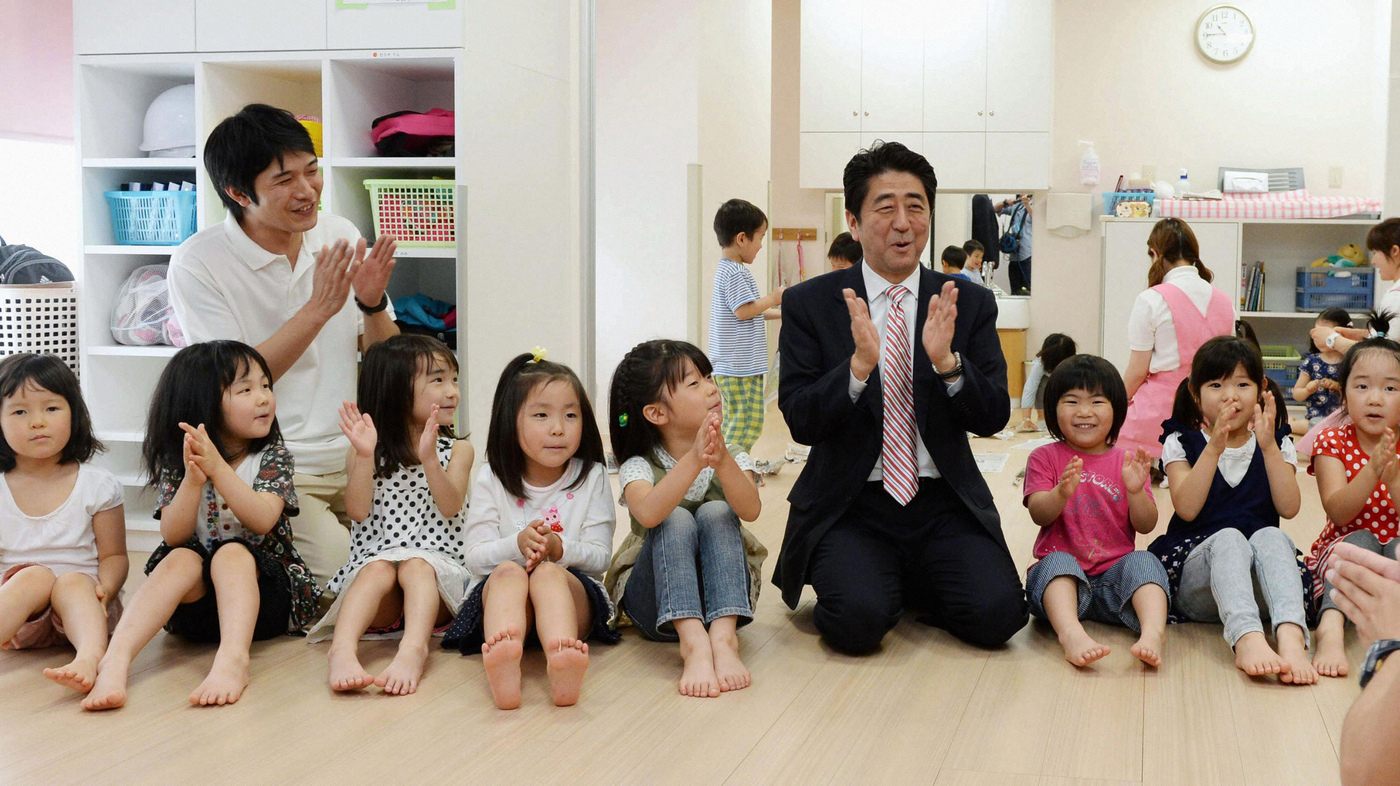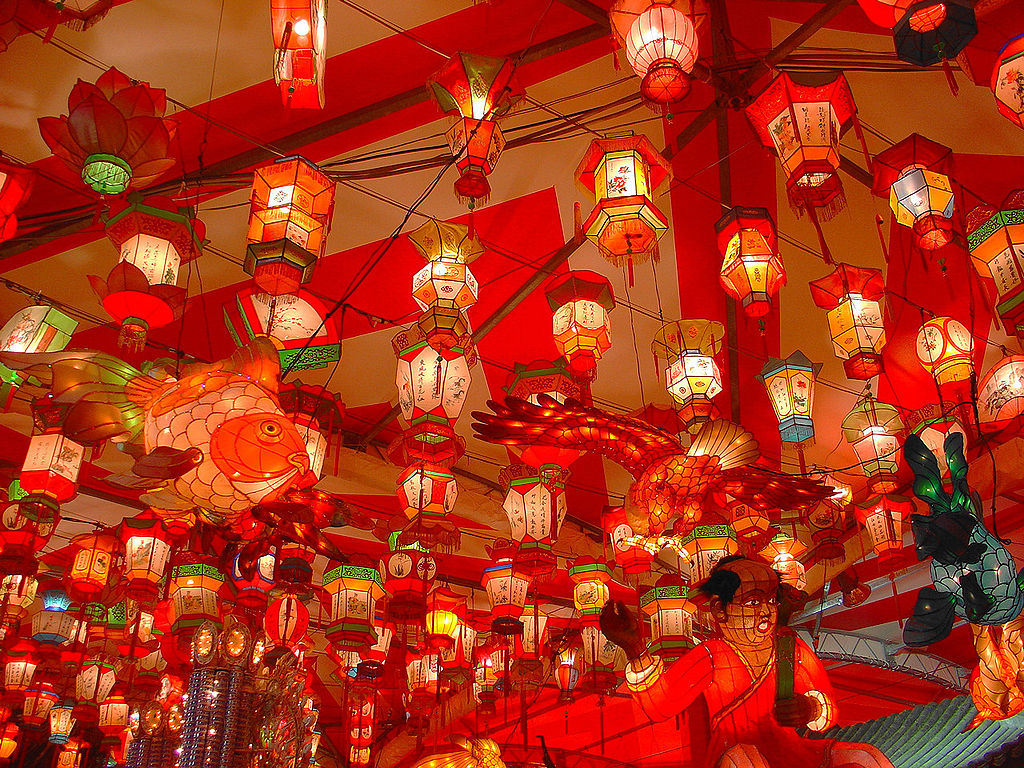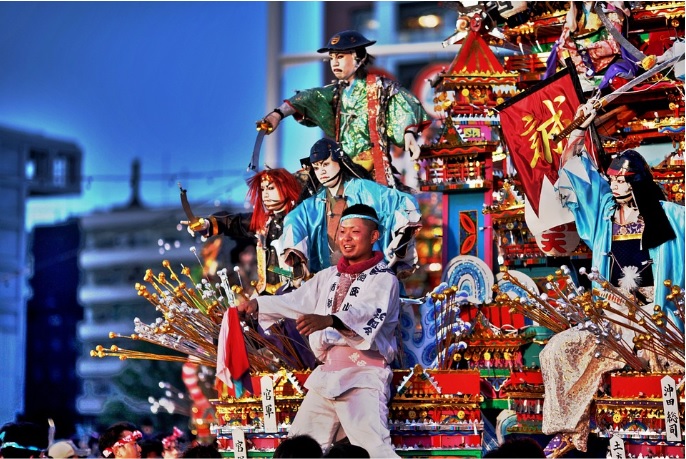
Japanese people love playing with their words and creating puns and jokes about it. They even have word games which they play during their spare time not just for fun but also to widen their vocabulary. Preschool teachers usually incorporate these games in their lessons to help children learn Japanese words. Here are three word games we would like you to try to help you increase your Japanese vocabulary:
1. Shiritori Game play: The first player says a word then the following player is required to say a word which begins with the final kana of the previous word.
Example: Hashi (chopsticks) - Shinigami (God of Death) - Miso (Japanese seasoning) - Sora (Sky)
Rules: Two or more players can take turns to play Words may not be repeated The only words allowed are nouns The player who first states a word ending in N loses. No Japanese word starts with the syllable N. Ex. Udon (Noodles), Mikan (Oranges)
2. Magical Banana Game play: The game is play by adding words that are associated with the previous word said. The game starts with with the first player chanting “Magical Banana. When you say Banana, I think of…” and the next person states a word related to the previous word and so on.
Example: Magical banana. When you say Banana, I think of Yellow. When you say Yellow, I think of Sun. When you say Sun, I think of Beach. When you say Beach, I think of Sand. When you say Sand, I think of Sea.
Rules: Two or more players can take turns to play Words may not be repeated Any kind of word is allowed. Phrases are also allowed. The player who can no longer give a word loses the game.
3. Kaibun Game play: Kaibun is the Japanese equivalent of a palindrome or words which are spelled backwards are also spelled the same. The same goes for Japanese words except that syllables are taken into account more than the spelling.
Example: Ta-ke-ya-bu ya-ke-ta (A bamboo grove has been burned.) Wa-ta-shi ma-ke-ma-shi-ta-wa (I have lost.) Ko-no ko ne-ko no ko (This baby is a kitten) Dan-su ga sun-da (The dance is over) Ni-shi-ga hi-ga-shi ni (The west is east)
Rules: There are no actual rules for kaibun as long as the word/phrase you say is also said in the same way backwards.





